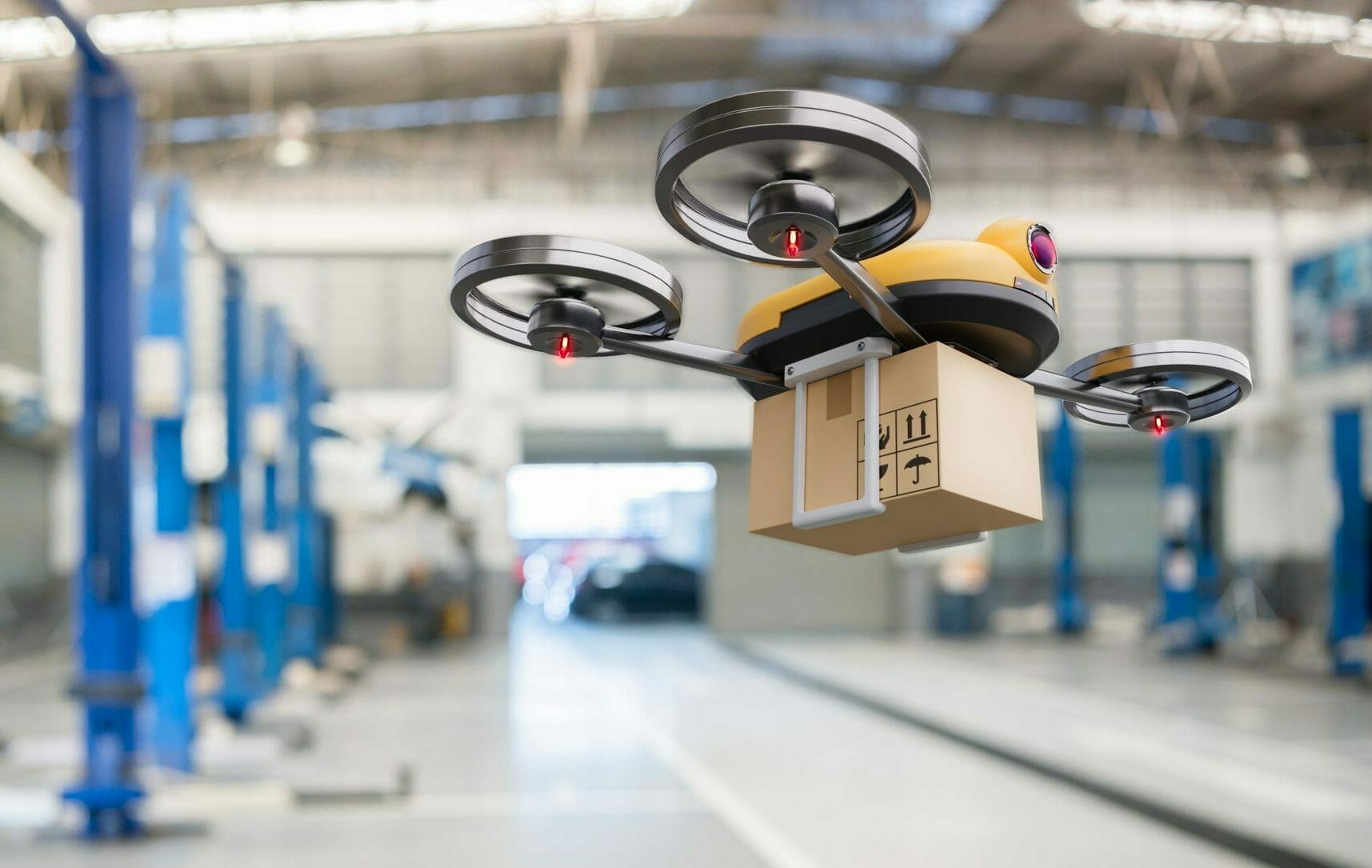Last week, the fourth annual World Internet Conference concluded in Wuzhen, Zhejiang province, China. The three-day expo (December 3-5) has become one of the leading events to catch a glimpse of the latest technologies being developed by China’s leading internet companies and service providers.
At this year’s event, China Telecom shared its 5G network technological advancements and demonstrated its eagerness to contribute to 5G standards and help promote commercialization. To that end, China Telecom has achieved the impressive feat of implementing full NB-IoT coverage in Zhejiang province.
Based on cellular mobile network connection technology, NB-Iot offers reduced costs, lower power consumption and enhanced coverage, in addition to a number of other advantages. Smart meters, smart parking, smart homes, and smart cities have undergone proof-of-concept testing and implementation in many places across China, one of which being the host city of this year’s conference.
Conference-goers were able to preview China Telecom’s latest IoT sensor-equipped smart trash bins that detect and report on garbage levels across the city of Wuzhen. Attendees who stopped by the China Telecom booth received a demo of the solution with a visualized, real-time report of the sensor-generated data as it was being captured throughout the day.
Here’s how the technology works:
Each smart trash bin placed throughout the town is solar powered. The sun provides energy for a mechanism to engage inside the receptacle and compress the trash once it reaches 90 percent capacity, allowing the can to hold up to 3-5 times the trash load of conventional trash cans. It also reacts to motion sensors, makes emergency calls and has a fire extinguishing feature.
But these smart trash bins aren’t just a way to show off cool IoT technology; they were one of the several efforts to keep Wuzhen clean and curb waste management inefficiency – for instance, reducing fuel costs associated with trash collection trips. Such technology provides important data for environmental and transportation planning, as well as city resource allocation. In a rapidly developing country like China, energy and fuel savings, less waste buildup, smart route optimization, and more importantly, the ability to connect people, things, and data, are all key goals and drivers in becoming environmentally friendly.
This smart waste management solution offers only a glimpse of the IoT future, as there are many other practical applications in the Internet of Things realm. As the Internet continues to weave itself deeper into our lives, it is foreseeable that the “Smart Wuzhen” IoT model and NB-IoT commercialization will allow more and more people in Zhejiang, and throughout China, to enjoy the benefits of smart living.















 Return to Blogs & Related News
Return to Blogs & Related News

